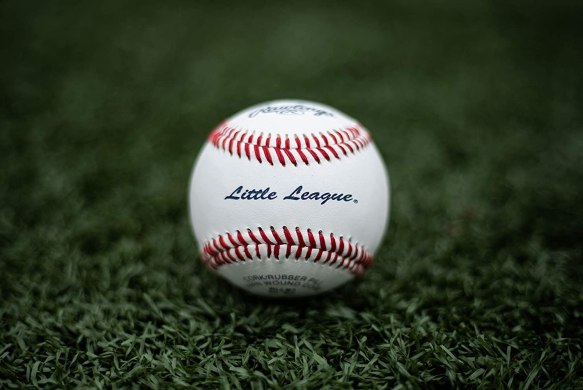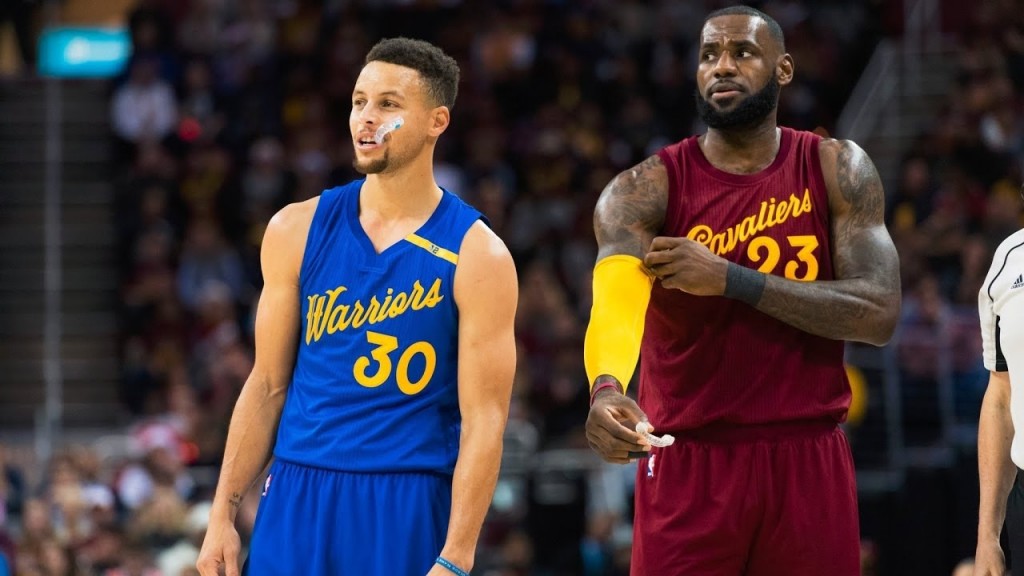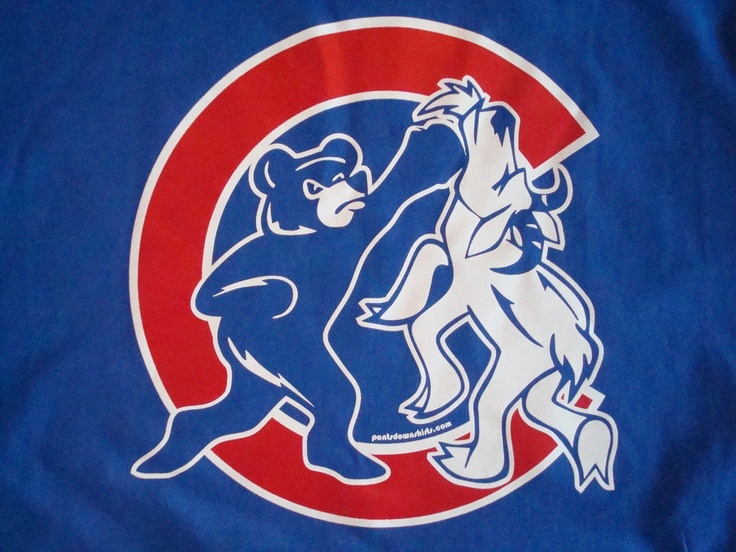As Major League Baseball falls victim to its darkest imperative, greed, Little League Baseball persists as a bastion of hope for reviving public trust and preserving Baseball’s sacred place in America…

by: Neil Thomas Proto
As one enters the Baseball Hall of Fame in Cooperstown, New York, immediately visible are the larger-than-life-sized statues of three players, their expressions confident about their purpose: Lou Gehrig of the New York Yankees, Jackie Robinson of the Brooklyn Dodgers, and Roberto Clemente of the Pittsburgh Pirates. Equally as visible behind each are the photographs of young boys and girls, guided in baseball and life by the thoughtful encouragement of all three players. Here, in these photographs, is the heart and future of preserving Baseball’s place in America. It is not just about the game, baseball’s Hall of Fame explained it: “Off the field challenges — and how those challenges are met — reveal an inner character….” Gehrig, Robinson, and Clemente faced difficult obstacles in life “with strength and dignity that set an example of character and courage for all others to follow.” Foremost, and unexpectedly, it is the example that the Little League, with the aid of Gehrig, Robinson, and Clemente, must now set for Baseball.
In November 1989, Little League announced it was naming its planned regional training center in Bristol, Connecticut, in honor of former Yale president and commissioner of Baseball, A. Bartlett Giamatti. At an event hosted by Little League and Major League officials just two months after his untimely death, Bart’s wife, Toni Giamatti, said: “He loved the Little League and would be so proud that your field and your complex will be named after him.” Thinking of his famed essay on Baseball, she added, “there’s no better place to start furrowing the green fields of the mind than with children.” Only a few years earlier, in a way that echoed Gehrig, Robinson, and Clemente, commissioner Giamatti had told the Little League: “[T]here is more than a ball game involved in the game of baseball.”
Foremost, the “team” is a continuation of family obligations in a new iteration. At stake is the teaching of values, moral and practical —the graceful winner, the good loser, and team effort — and the meaning of responsible citizenship in a community that supports your league and your team. Many among you are fans and parent-coaches; each game — and the practice and kitchen table talk in between — is the enduring connection between your children, whether they flub the play or leap high to make it, and the tradition of Baseball that no one — not cynics, not gamblers, cheaters, or drug users in uniforms or dark suits — could or should be allowed to despoil.
Bart Giamatti, from his own childhood on, believed that at the heart of this lesson in life is fairness, that players and teams “all begin as equals, aboveboard,” that “to declare a winner, skill or merit — sheer ability — will win the day.” That’s what fans watch, parents support, and young girls and boys count on when they take to the field. Without equivocation, the game must be authentic. Giamatti vowed, as parent and commissioner, that unless cheating is punished “swiftly and severely,” the wrong, corrosive example will metastasize and “warn us against giving over our young as hostages to [the] seemingly innocent” game of baseball.
In Giamatti’s absence, Major League Baseball has fallen prey to its darkest imperative: greed. The premeditated plague of steroids, displayed openly in grotesque adult bodies and fraudulent performances, Baseball allowed and accepted. Only the essential and awkward admonition from parents and coaches was available to stigmatize cheaters. Baseball did nothing. Cheating by stealing by entire teams, the Houston Astros and the Boston Red Sox, followed. The legitimacy of standings; every Astro and Sox batter’s average; the pitchers’ skill; the umpires’ purpose; the coveted World Series and player bonuses — all unequivocally corrupted. Fans deceived; attentive betters cashed in. Players who lied and cheated went unpunished, no penalty of severity related to the immorality and harm of the wrongdoing. The game in Major League Baseball is no longer authentic. The players are no longer the certain “example of character and courage,” their photographs on the cover of Little League magazine a slowly corrosive deception — easily understood by an 11- and 12-year-old and, worse, later, by a maturing adolescent. Baseball has abandoned its connection to the purpose, in values, lessons, and family, of the Little League.

In June 1993, after years of hard work by Little League officials, parents, and volunteers, the “A. Bartlett Giamatti Little League Training Center” was dedicated. Family was, again, in play. Standing next to the portrait of her son, with special humility and gratification, was Bart’s mother, Peggy. Nearby was his sister, Elria. Her husband, David, had played sandlot baseball with Bart when they were kids.
Today, the values of grandparents, with memory of games played and witnessed, and of parents of Little League aspirants and those ready to take the field, may decide Major League Baseball’s fate and faith. “This is fundamentally a public trust, this game,” Giamatti said. “The owners own the businesses for a while, but the people basically own the game.” The time for dialogue and action is now. The threat downward spreads. Giamatti, as he once did, would stand with your voice. The duty to revive the public trust can only be ensured by the Little League, its fans, parent-coaches, volunteers, officials, and, if family values and moral obligation matter, by those former Little League players in and outside of Baseball who still embrace, in the life led, the purpose and example of Lou Gehrig, Jackie Robinson, and Roberto Clemente.
Neil Thomas Proto is the author of Fearless: A. Bartlett Giamatti and the Battle for Fairness in America. In 1956, he played third base, in the Annex Little League, New Haven, CT.






